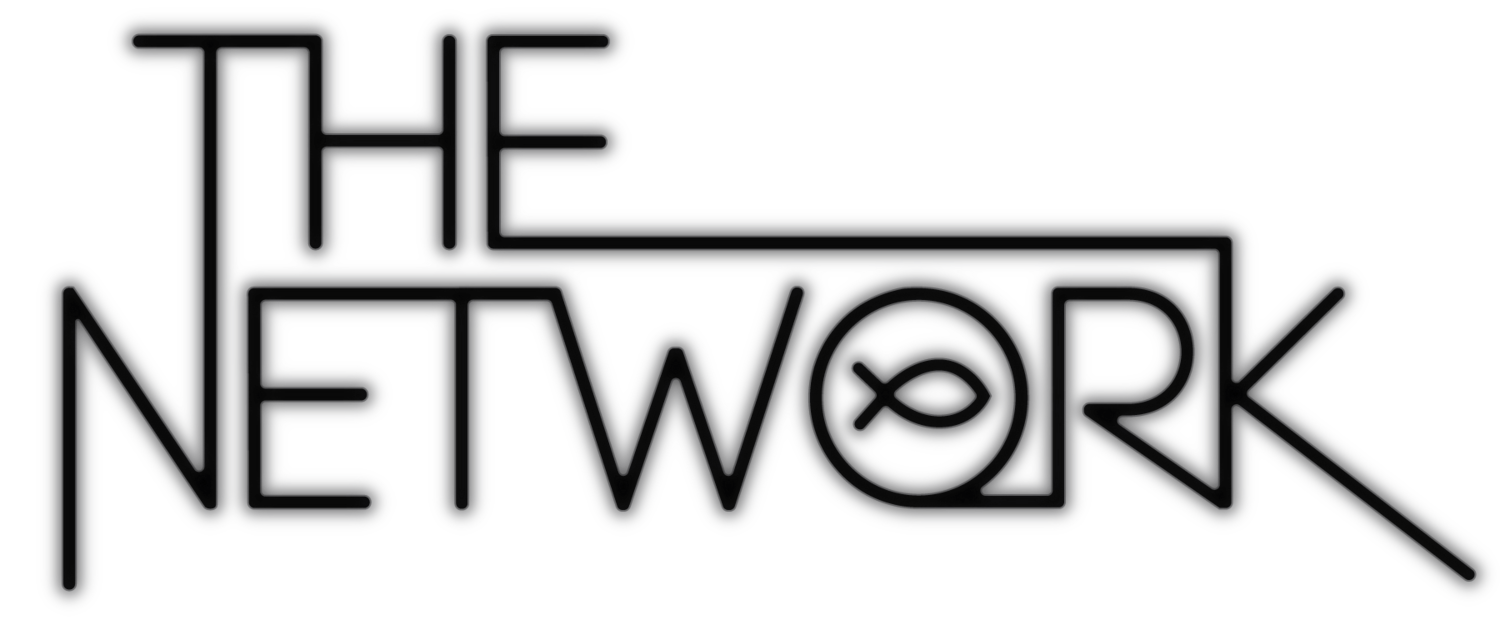At Network Coffee House our business is to build relationships with the guests who come to spend time within our walls. Our effort is not only to show a little hospitality to the poor, but to become friends with the people who walk through the door.
Often it goes without saying but you might wonder, well, "Why?"
In part the way we relate to others in our community comes out of who we understand Jesus to be. Christ compels us to look, to see—to read—in a certain way. Because of who we know Christ to be, we read the Bible through the lens of the overshadowed ones—the over looked and irrelevant.
Then the question becomes, how do we read society? Christ compels us to read society also through the lens of the over looked and irrelevant.
And lest we forget, there is also a personal dimension to our time at Network. We ask ourselves, how do we read our own life? The answer: Christ compels us to read ourselves through the overlooked and irrelevant parts of our own story. As we enter into kinship with the challenged folks who come to Network, we're forced to come to terms with our own challenges, our own irrelevance, our own poverty.
In August, Network will welcome to Denver Fr. Gregory Boyle, founder of Homeboy Industries and best-selling author of Tattoos on the Heart: The Power of Boundless Compassion and Barking to the Choir: The Power of Radical Kinship. We find a common spirit unites our work in Denver with Fr. Boyle's work in Los Angeles: a spirit of kinship, of love, of seeming irrelevance—the spirit of Christ.
Please visit our Eventbrite page for more information and for tickets. All proceeds go to support the ministry of Network Coffee House.
